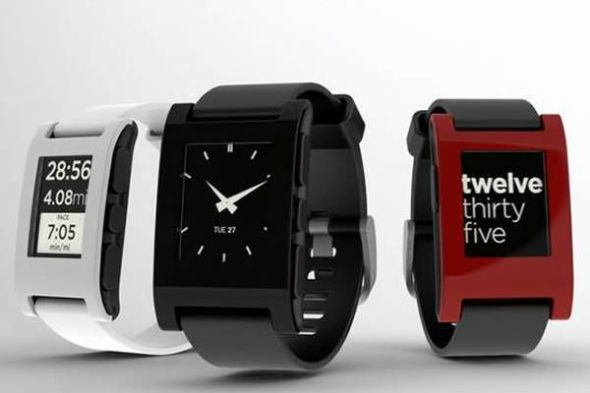I usually don’t disagree much with MG. He calls it like he sees it. So when he posted an article about a new app that the CrunchFund is making an investment in, I took the time to read up on it.
In short: Wavii is a news summary-making-time-saving-RSS-Killing app that lets you follow topics (Hi G+) and automatically culls content for you to read during your busy day of rushing between coffee house meetings and lunch meetings and more coffee house meetings with Startup Founders begging for dollars.
Looks cool, especially since the apps I’ve tried in this space have fallen short. By a lot (looking at you Summly…or was it Summify? Whatever).
I download the app. Launch it.
Boom.
Facebook Login Required.

Now, I don’t have a Facebook anymore, but when I did, I was still hesitant to connect apps and services to it because of privacy concerns (and frankly I value my data and information more than Facebook does). Now my personal stance might be extreme, but I deleted the app, a little bummed out that I couldn’t use it, but went on my merry way, griping silently that if I ever created a business, the last thing I would do is put a middleman between me and my customers, especially a juggernaut like Facebook that has all of the bargaining power. It seems like a foolish business decision in the long run, but I can see the appeal to do it at first.
Then I read MG’s Twitter response to the more vocal individuals without Facebook. And this marks the first time that I have genuinely felt MG is being a petulant child (which really, I must not have been paying attention at all). Instead of explaining why a news app REQUIRES any sort of social connection to function, let alone even why it needs access to a person’s trove of data in Facebook, he simply hurls sarcastic remarks at the faceless Twitter crowd, amazed that people have different opinions.

Ok MG. I’ll bite. Yes, I realize a large majority of the internet surfing population uses Facebook. I understand it’s attractive for a small startup to use it as a tool to make it easy to sign up users. But please explain to me WHY it’s the ONLY option? Why isn’t there an alternative method that thousands of other small apps use to sign up members just as easily?
Point is this: if you want my Facebook credentials, there needs to be a value added beyond just posting what I’m reading on my wall, and no way in hell should it be the default.
There. No need to be sarcastic. No need to mock us with your faux-indignation that people outside of Silicon Valley might not really want to rely on Facebook for everything.
I’m sad I can’t use Wavii. It looks good. The promise of the service is appealing. But I recognize that it’s a choice to use the app. Unfortunately, Wavii requires that I make two choices: use Facebook, then use Wavii. And I’m sorry, there’s just not enough value in Wavii to entice me.


